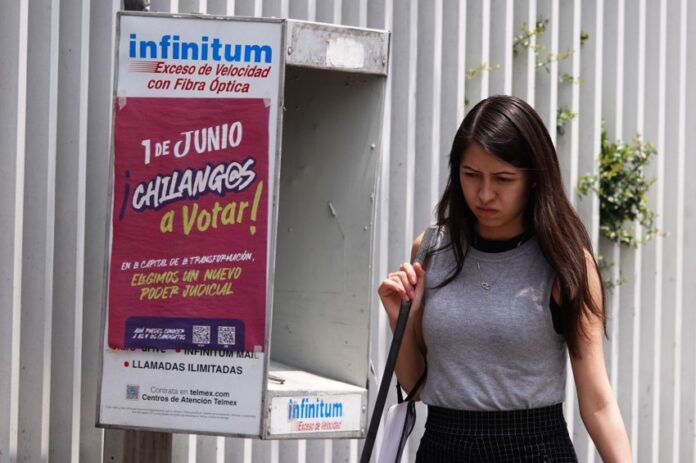This is my first time writing about the upcoming judicial elections in Mexico.
I haven’t before because, honestly, I haven’t really known what to make of them.
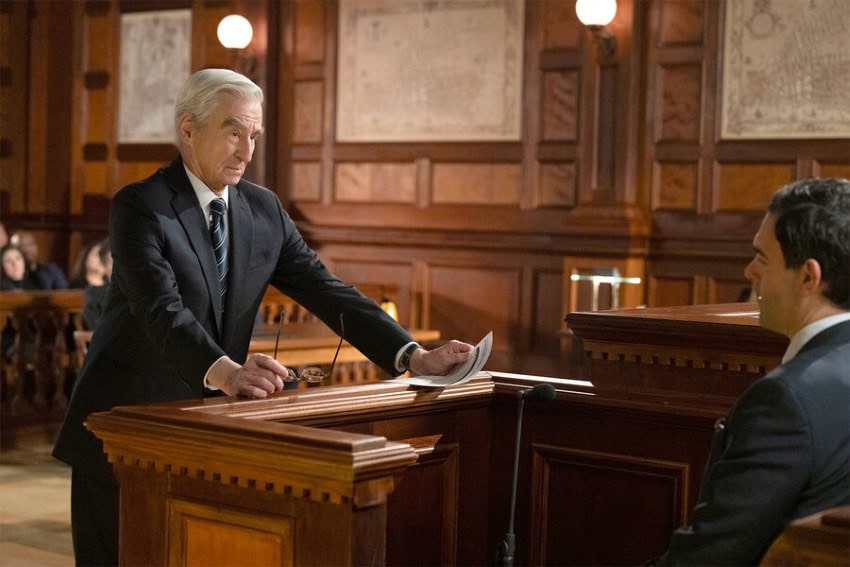
I personally have never stood in front of a judge in a courtroom, or sat next to one on a witness stand. I hope I never do!
Few of my urges are as primal as Not Getting In Trouble. In fact, I’d say many of my private and public actions are performed — or not — with this in mind. I am a natural rule follower as long as the rules actually make sense, and sometimes even if they don’t. If I haven’t followed a rule, believe me: I’ve definitely spent hours torturing myself over the right thing to do beforehand.
Suffice it to say that the figure of “judge” mostly exists in my imagination from what I’ve seen acted out in TV and movies.
But for many people, who happens to stand in judgement of the crimes they’re accused of matters greatly. Judges on both sides of the border have broad leeway to determine not just one’s freedom but also the degree of punishment. The difference between one judge and another could be the difference between a few years in jail or a couple of months of community service.
But if you’re like me, you don’t give much thought to how the judges got there.
Previously in Mexico, judges were appointed at various levels of the government. This would be done by presidents, state legislatures and other ruling bodies, depending on the level of the court.
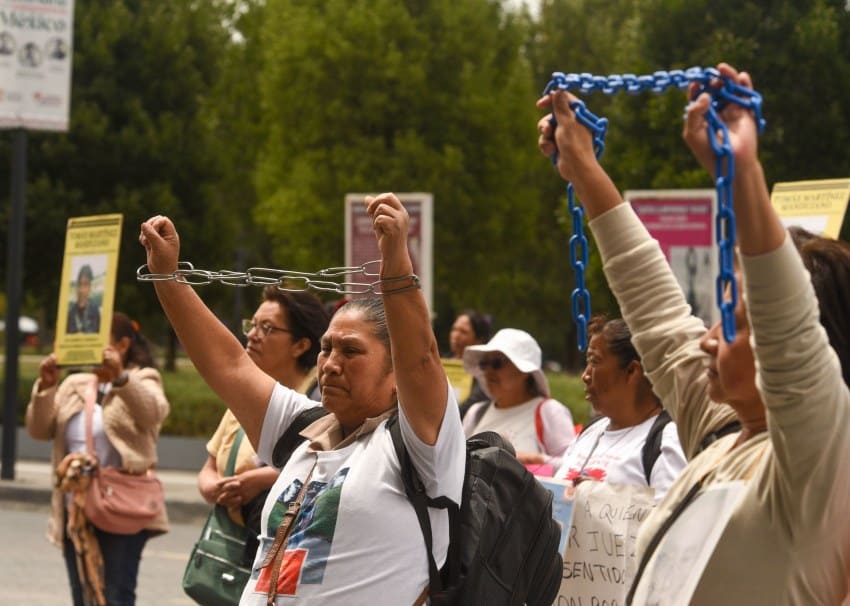
Typically, judges would move upward from clerking: a career path within the judiciary. Difficult exams would need to be passed, with qualifications and experience taken into consideration.
How did that go?
Well, we all know that Mexico is no beacon of justice. But that doesn’t mean that the reason it’s no beacon of justice is because judges have been appointed rather than elected. They are, literally, one of the very last stops on the long and winding road known as the justice system.
Former President López Obrador, however, seemed sure judicial elections would be the fix to all of the system’s problems. Unhappy with the courts trying to stop his various initiatives — and with a supermajority of his Morena party in place in the legislature — a change to the Constitution seemed to him the ideal fix.
Honestly, he’s always been one to throw the baby out with the bathwater. A system that he didn’t invent has some flaws? Off with its head!
Executive branches in all nations have always had an uneasy relationship with the court system. It ultimately comes down to power: Who gets to decide how things are going to go in a country? Elected political leaders, or judges who interpret the letter of the law? Executive leaders often find themselves stymied and irritated when courts say, “Actually, you can’t do that.” Just ask Trump.
A caveat: I’m no legal scholar. Like most Mexicans who are being encouraged to go to the polls this Sunday, I’m a little confused. I don’t completely understand the system, and I haven’t thought deeply about the types of conflicts of interest judges might have or how those conflicts can be resolved. I assume judges know the law well. I assume they apply the law in what is at the very least a legally permissive way.
But I’ve definitely got some questions.
First, how on earth are the voters expected to know much of anything beyond the judges’ names? There are too many on the ballot. I’m reminded of a New York Times series: “We’re following these 10 undecided voters in the months leading up to the election!” Undecided. Between two drastically different people with international name recognition.
If that’s the norm, where’s the hope for the rest of us?
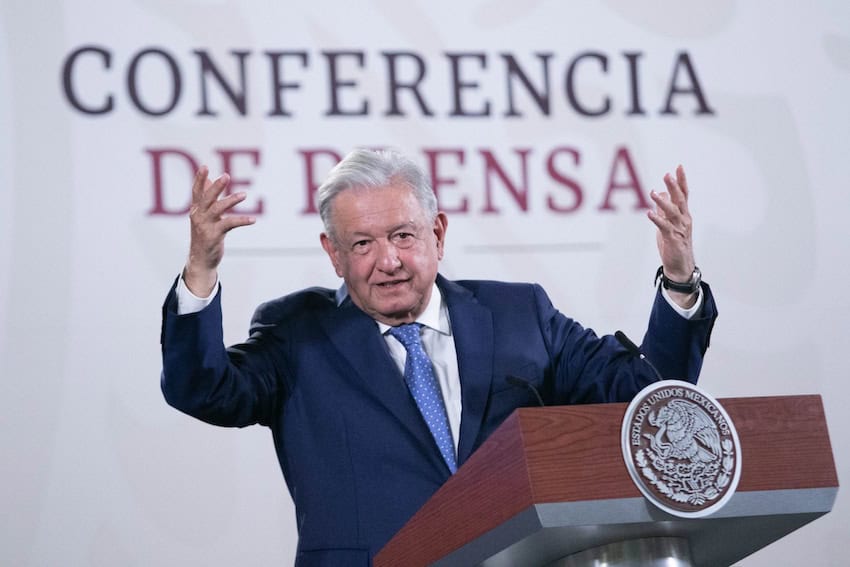
Second, what’s the difference in a judge’s ability to be influenced when it comes to being appointed versus being elected? The United States does both.
The argument on the reformers’ side is that elected judges won’t be beholden to the politicians who appointed them. In theory, this should cut down on corruption.
This argument assumes, however, that the country’s all-powerful narcos won’t be able to bully judges into certain decisions. Not to be too graphic, but, “Do what I say or I’ll kill your family” is an argument stronger than even the best lawyer’s. We on-the-ground mortals can’t know for sure the degree to which this happens, of course, but I’d bet lots of money that it’s not zero.
We also know that the further you get “to the ground,” the greater a narco presence is in people’s day-to-day lives.
My guess is that not a whole lot will change with “democratically elected” judges. But I’m open to being proven wrong; I’m not married to my skepticism on this. The fact that most criminals in Mexico are never convicted, I believe, has much more to do with local law enforcement than it does with judges.
Honestly, I think voting for local police officers would be infinitely more effective.
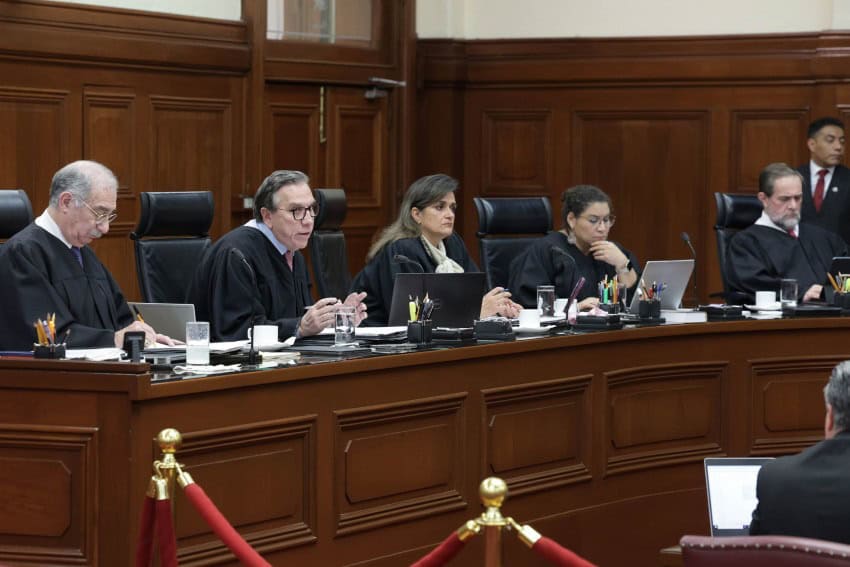
Justice is messy, and ethical decisions are the hardest decisions of all. Impartiality is a myth, even when politics aren’t involved. And what are our politics anyway, if not our values? And it’s our values, ultimately, that help us determine what is fair and what is not, and what should be done about unfairness, which is the basic function of any justice system.
Even if we have different political views, I contend that there is vastly more agreement than disagreement. We’d all agree, for example, no matter where you are on the political spectrum, that murder is wrong and should be punished. We don’t think anyone should steal anyone else’s stuff. Most of us would like to be able to say what we want without being arrested for it.
So who makes those decisions about what is just or unjust matters. But the injustices that happen in Mexico mostly never even reach that point because the perpetrators aren’t even arrested. But, sure, let’s try something different. Why not?
I hope it makes a really positive difference.
Sarah DeVries is a writer and translator based in Xalapa, Veracruz. She can be reached through her website, sarahedevries.substack.com.
